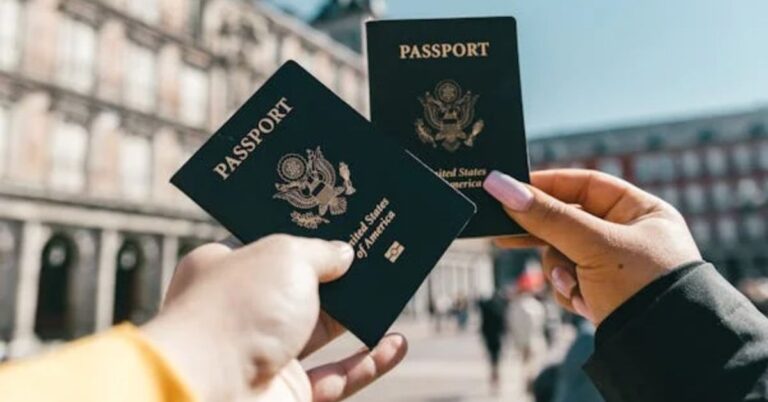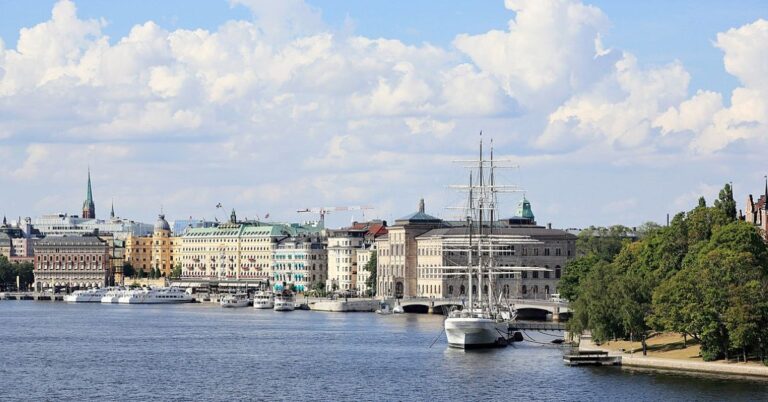25 Guest Behaviors That Come Off As Rude In Hotels

Checking into a hotel should feel relaxed and comfortable. The overall experience often changes based on how guests treat shared spaces or interact with those around them. Small details leave lasting impressions. These are 25 habits that often give off the wrong vibe.
Hogging The Breakfast Buffet
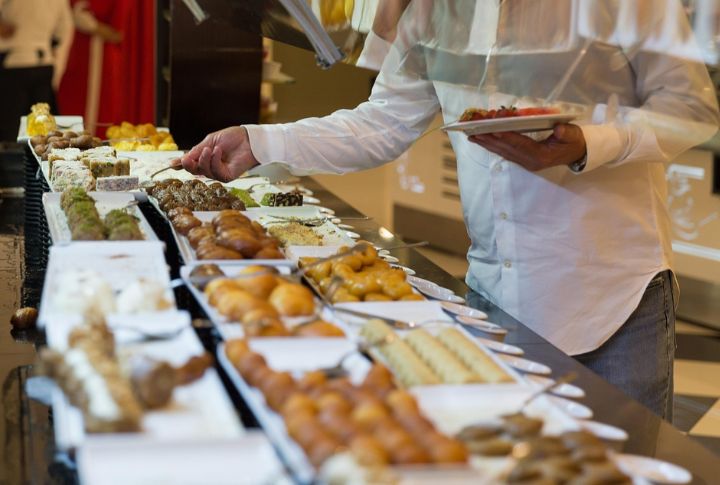
Some guests treat the buffet like a stockpile, stacking plates high with food they may not finish. This behavior often leads to waste and leaves others waiting to refill basic items. Shared meals work best when everyone takes only what they’ll reasonably enjoy.
Ignoring The “Do Not Disturb” Sign
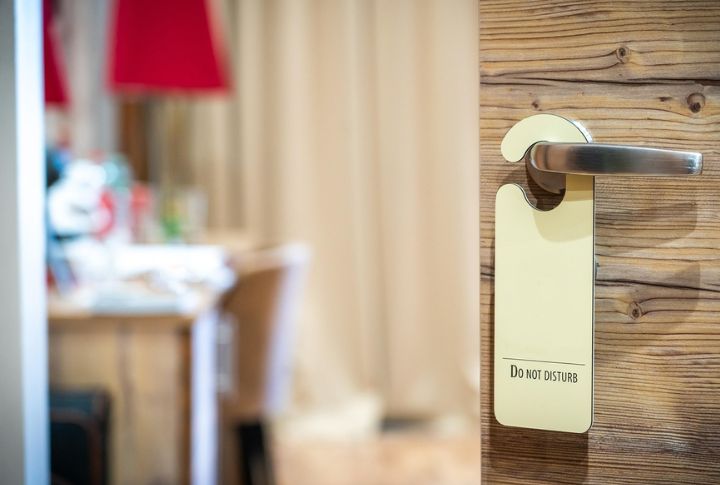
A door marked “Do Not Disturb” isn’t just a suggestion; it signals a requirement for privacy. Interrupting that moment, intentionally or by habit, crosses an unspoken boundary. People hang those signs for many reasons, and respecting them shows basic awareness of shared space and personal time.
Leaving A Mess Behind
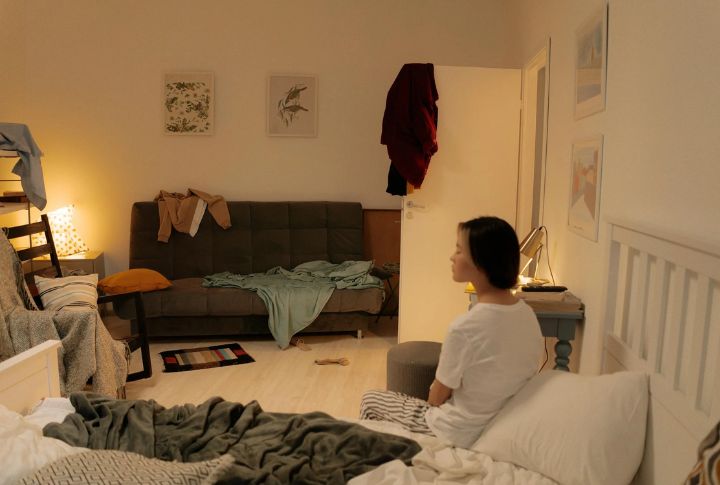
Just because there’s housekeeping doesn’t mean you should treat the room like a dumpster. Tossing trash on the floor or leaving food out attracts pests and adds unnecessary work. A little tidiness goes a long way in showing respect for the people cleaning up after you.
Using Staff-only Areas
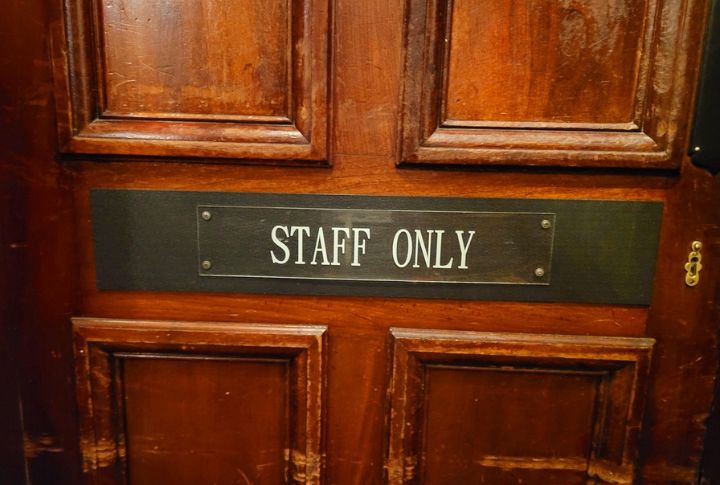
Back-of-house zones such as service elevators or supply rooms are restricted for a reason. Guests wandering into these areas can interrupt workflow or trigger security concerns. Always ask at the front desk if you’re lost or require help. It’s safer and far more respectful to stay where you belong.
Talking Loudly In Hallways
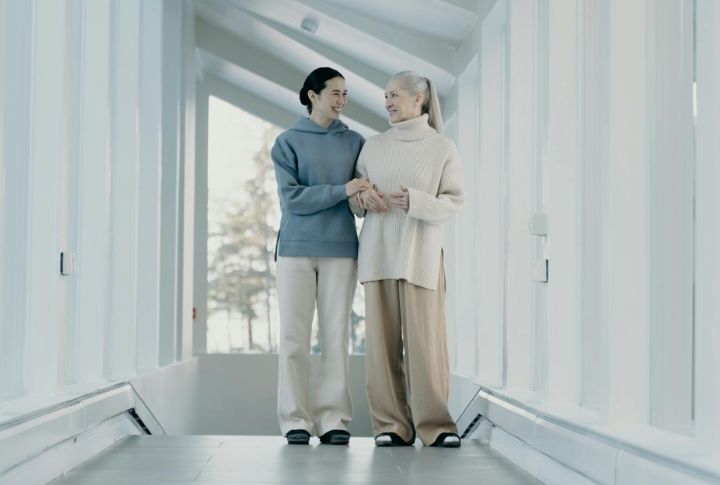
Thin walls and long corridors can turn your voice into an unwanted wake-up call. Laughs or phone calls echo down the halls, especially late at night. Keep it quiet once you step outside your room so everyone else can enjoy their stay.
Taking Towels For Souvenirs
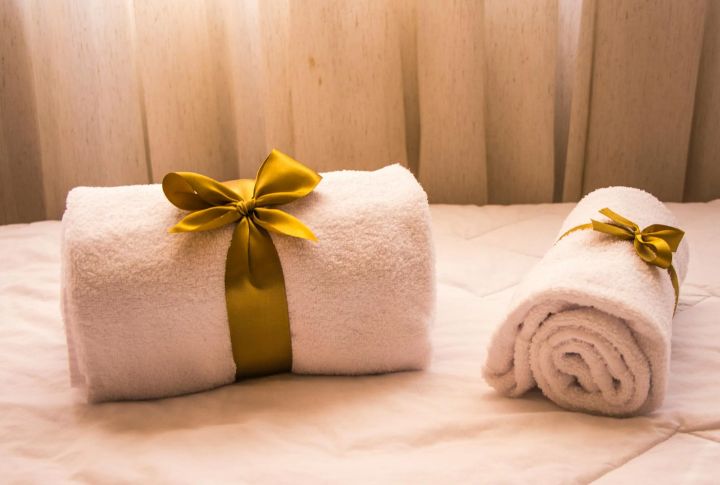
That plush towel in the bathroom may be tempting, but it’s not a gift. Hotels track their linens, and disappearing towels are on your final bill. Even small items like robes and slippers are often accounted for, so pack your own if you need extras.
Letting Kids Run Wild

Little ones need room to move, but hotel hallways aren’t playgrounds. Unsupervised kids racing through halls or playing near elevators can startle other guests and lead to accidents. So, set clear boundaries early on, especially in public spaces such as the lobby or elevator, where supervision matters.
Slamming Doors
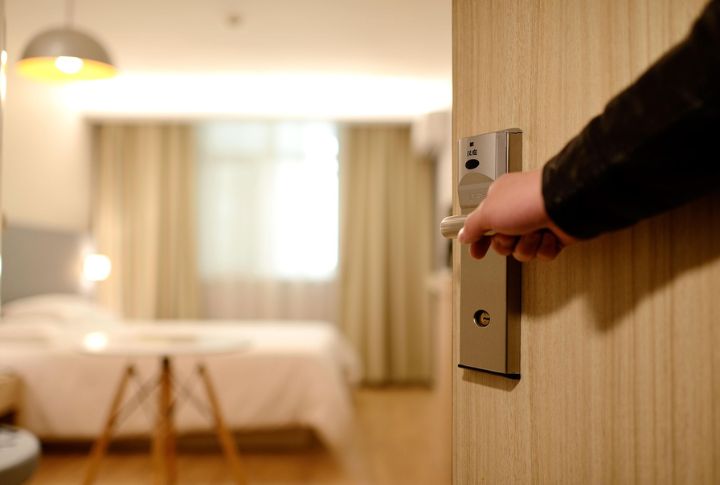
Someone hears it whenever you let that heavy hotel room door bang shut. It’s an easy habit to fix; gently hold and close the handle. Early risers and late-night guests will appreciate your effort to keep things quiet.
Using The Lobby As Your Office
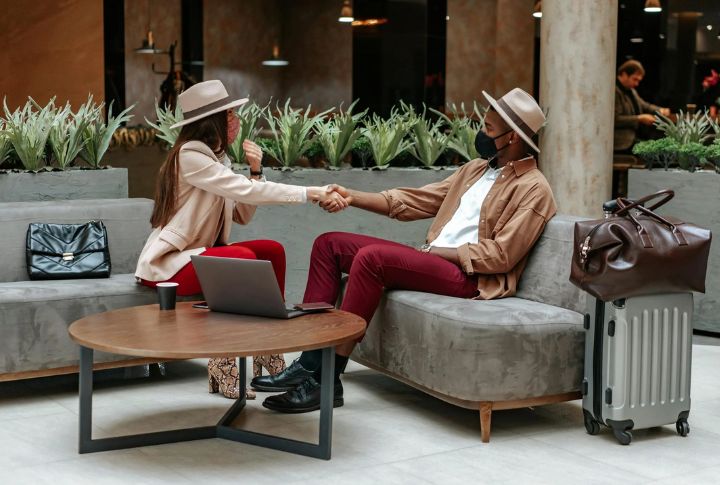
Public hotel spaces are for everyone. Taking calls on speakerphone, spreading papers across multiple tables, or monopolizing a power outlet like it’s your workstation can frustrate other guests. Ask about business centers or more appropriate spots if you need to work.
Leaving Room Service Trays In The Hall
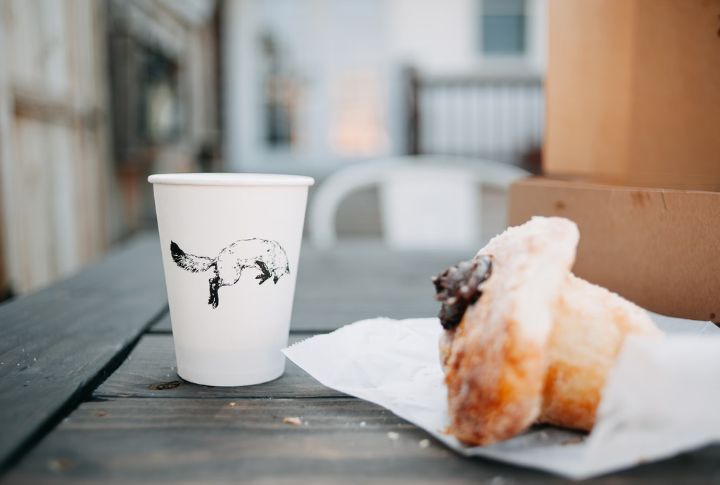
Half-eaten meals left outside your door aren’t just unsightly—they attract bugs and smell up the hallway. Most hotels have a number to call when you’re done with your tray. A quick call helps keep things clean for those passing by.
Playing Music Without Headphones

Loud music in shared spaces disrupts those nearby, no matter the setting. Music should stay in your ears unless you’re at a designated event or private party—respect shared spaces by keeping sound to yourself, especially in quieter settings.
Cutting The Elevator Line
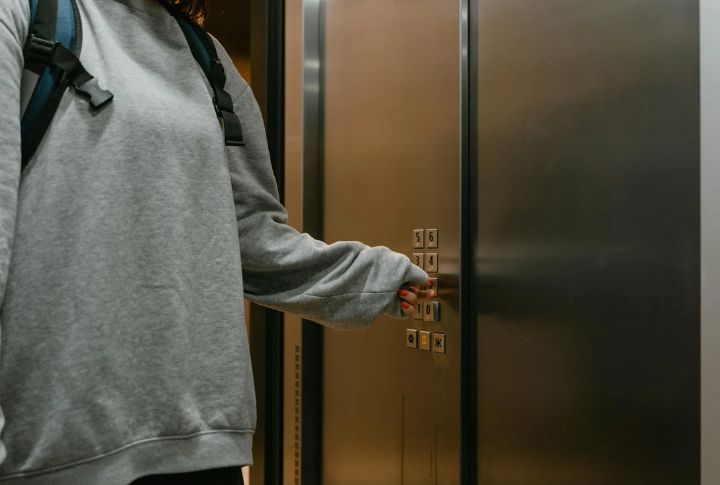
Jumping ahead while others wait their turn doesn’t go unnoticed. Most guests are exhausted and juggling bags, so cutting in line only adds frustration. So, be patient and courteous. Anyone needing to work can check whether the hotel offers a business center or a quieter alternative.
Bringing Too Many Guests Into One Room
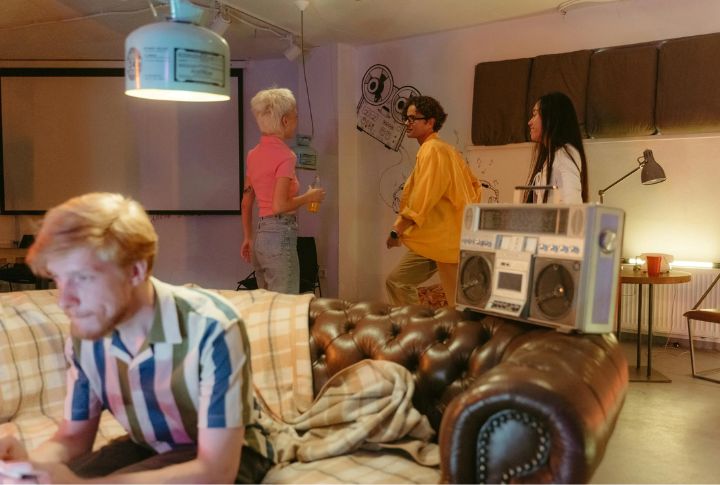
Booking a room for two and showing up with five isn’t a harmless trick—it creates safety risks and breaks fire code limits. Hotels also plan amenities like towels and breakfast portions based on room occupancy. Simply book a larger room or additional accommodations when traveling with extra guests.
Taking Advantage Of The Mini Bar Without Paying
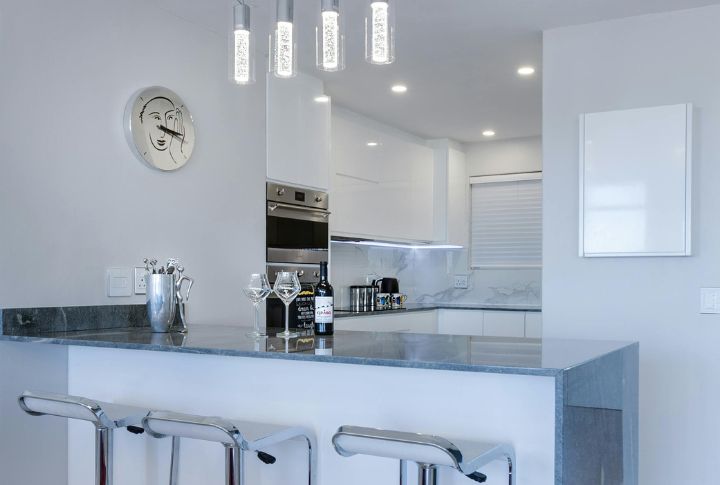
Those tiny bottles and snacks aren’t free. Swapping out items or trying to replace them later isn’t clever—it’s considered theft by hotel standards. Many minibars now use sensors that automatically charge you, so think twice before you open that soda can.
Overstaying Past Checkout Time
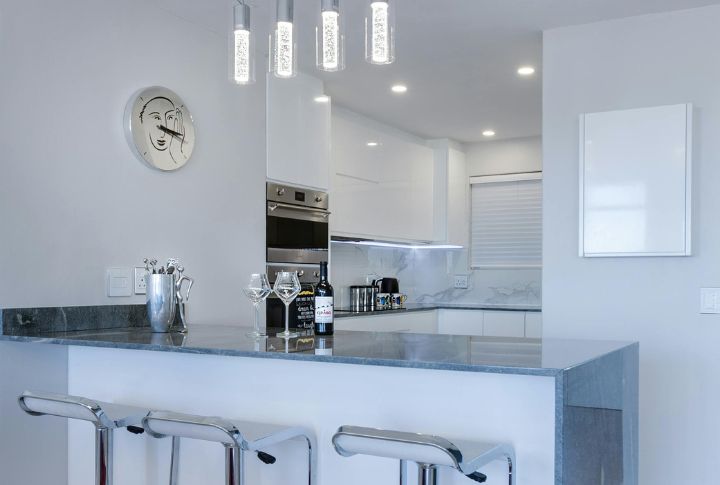
Hotel staff work on a tight timeline, especially between guest departures and new check-ins. A late checkout without notice can disrupt that flow and delay room readiness. When you need extra time, call the front desk. Staying past the deadline without notice is inconsiderate, even if unintentional.
Sneaking Pets In

Unregistered animals in no-pet hotels aren’t just against the rules—they can cause allergic reactions, damage furnishings, and disturb other guests. Some hotels have strict cleaning procedures for pet-friendly rooms. To avoid trouble, always disclose pets in advance, even if they’re small or quiet.
Using More Than Your Share Of Pool Towels
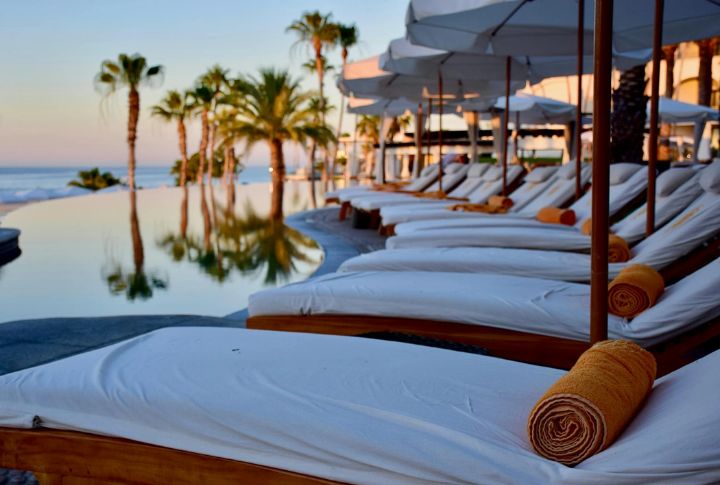
Pool towels are stocked based on expected guest use, not unlimited access. When guests take stacks of towels for lounging and reserving chairs, others are left without. Fair use means grabbing only what you need and returning it when done. Hotel staff, not guests, should manage towel flow.
Walking Barefoot Through Public Areas
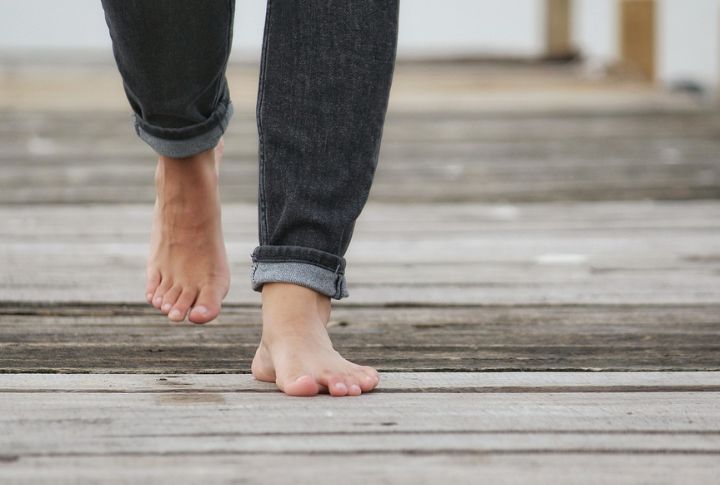
Bare feet may feel comfortable, but they don’t belong in hotel lobbies or elevators. It’s a hygiene concern and makes others uncomfortable. Packing a pair of flip-flops or slippers keeps things both practical and more appropriate for shared spaces. Save barefoot strolls for the beach or the privacy of your room.
Treating Staff Poorly

The way guests interact with hotel workers matters more than they realize. Raising your voice, giving orders, or showing impatience can ruin someone’s shift and reflect poorly on you. On the other hand, kindness and respectful communication improve service and atmosphere alike. A simple thank-you can have a big impact.
Cranking The Thermostat And Leaving
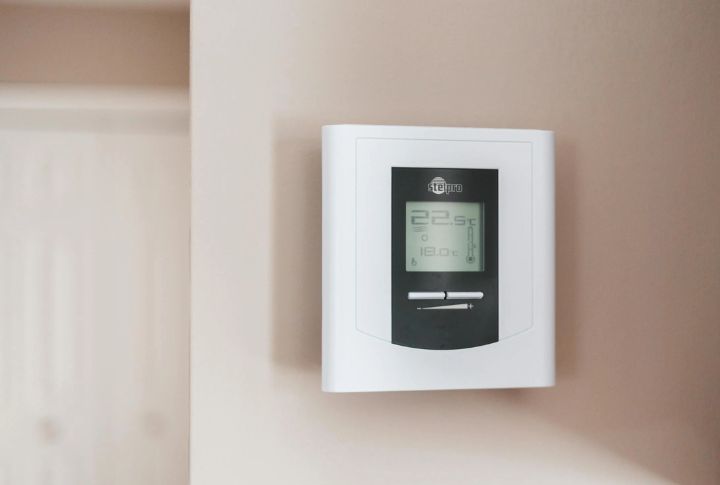
Turning the AC to Arctic temperatures and heading out for the day wastes energy and money. Hotel systems aren’t built for rapid recovery. If you want a cool room when you return, leave the temperature at a moderate setting instead of maxing it out.
Not Reporting Issues Promptly
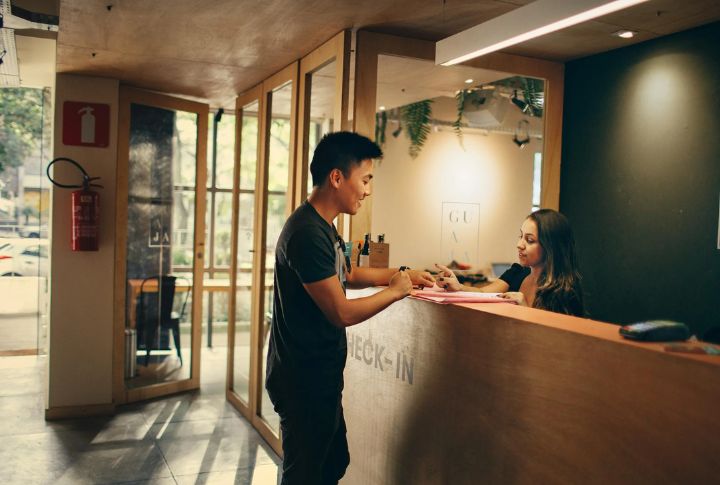
Minor problems such as flickering lights or dripping faucets should be reported as soon as they’re noticed. Waiting until checkout eliminates the chance for hotel staff to fix anything. Prompt reporting improves your stay and avoids passing unresolved problems to the next guest. It’s a courtesy that benefits everyone involved.
Flushing Non-toilet Items
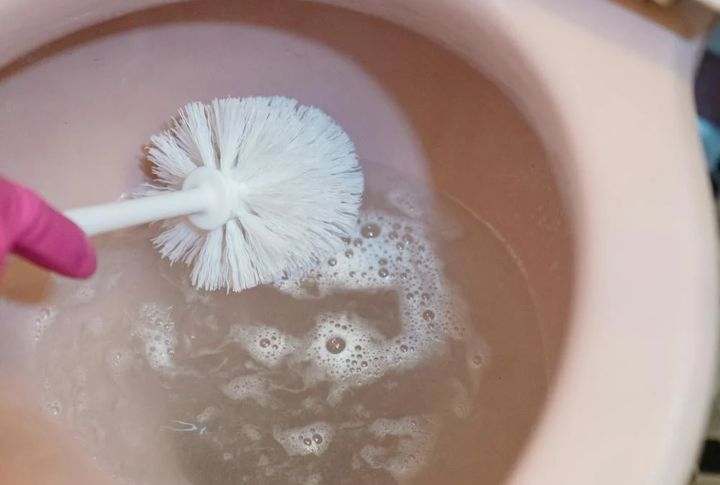
Toilets in hotels are meant for human waste and toilet paper only. Flushing feminine products, wipes, cotton swabs, or wrappers may clog pipes and disrupt plumbing in nearby rooms. Even “flushable” labels aren’t always accurate. A nearby bin is the safer option for anything that’s not toilet-safe.
Treating The Hotel Like A Party Pad

Loud noises or constant visitors can quickly turn a room into a problem. Hotels are designed for rest, not celebrations spilling into the hallway. What seems fun to one group often becomes an ongoing disturbance for everyone else trying to enjoy their stay.
Hoarding Free Toiletries Daily
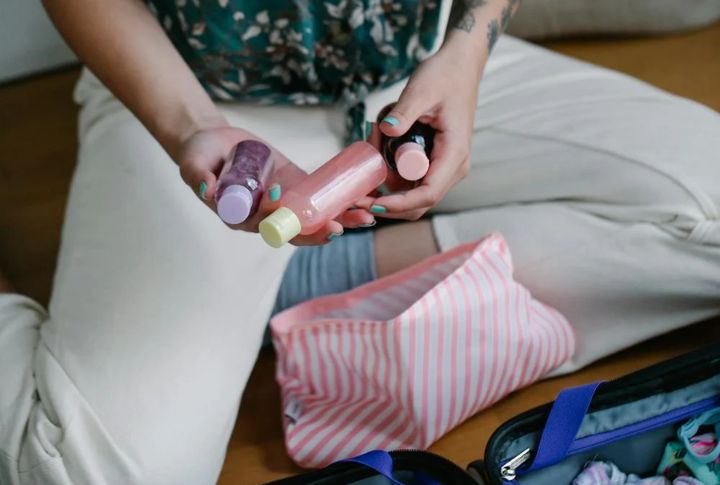
Hotel toiletries are a nice perk, but loading your suitcase with extras daily isn’t thoughtful. While a few bottles are fair game, treating the supply cart like a shopping spree creates strain. Take what you’ll use and leave the rest for the next guest. It’s common courtesy.
Blocking Hallways With Luggage
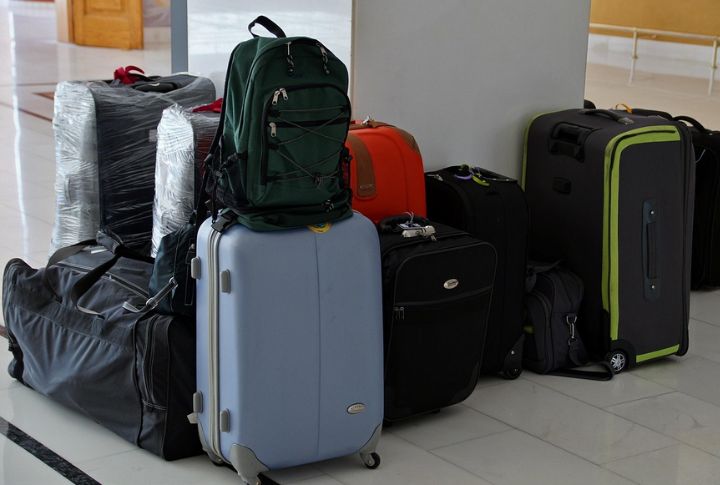
Bags left in hotel corridors, whether for a ride or housekeeping, can cause accidents and slow down cleaning crews. Hallways must remain clear for safety and efficiency. It’s best to park luggage near walls or keep it with you until you’re ready to leave.




